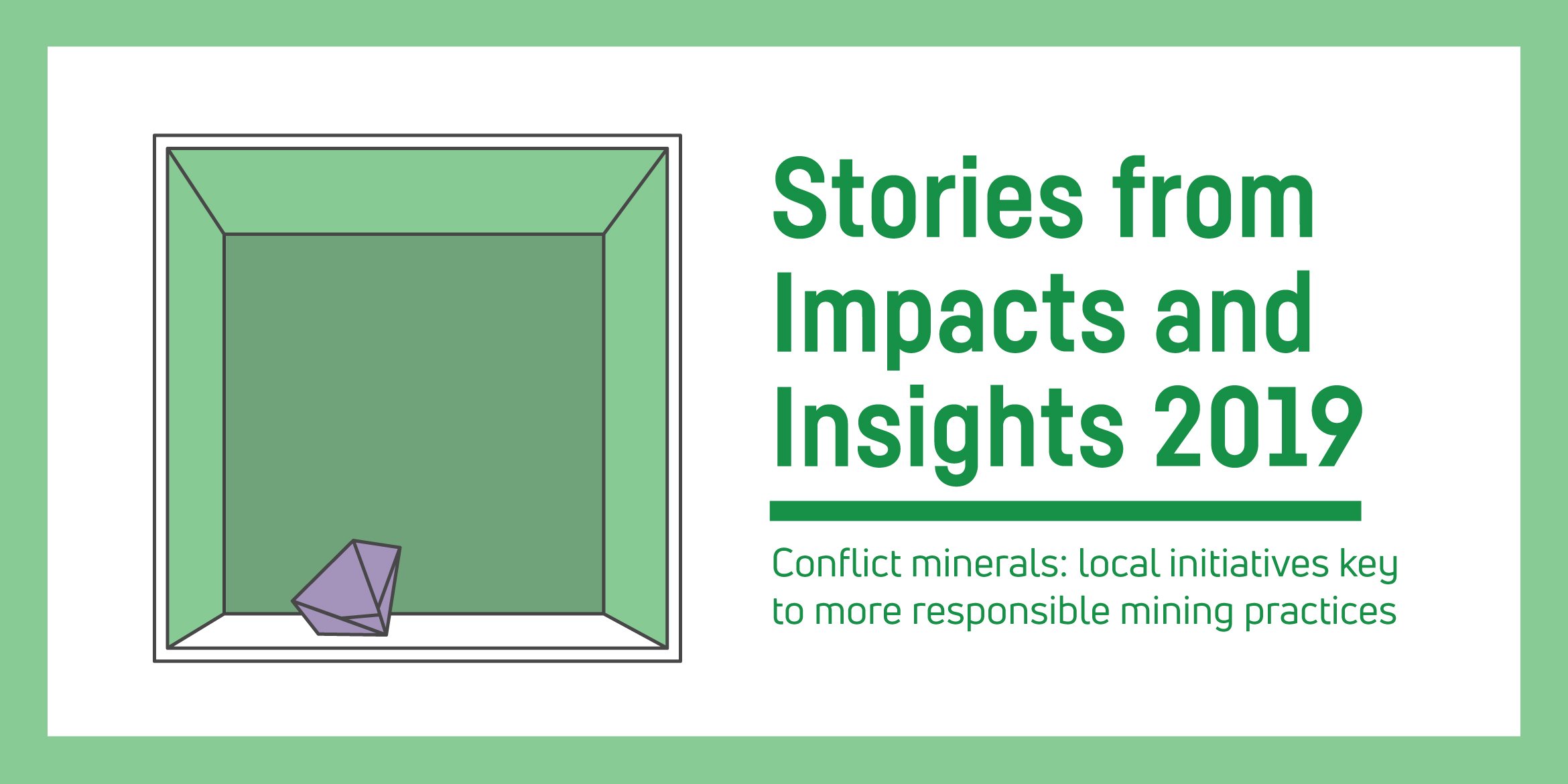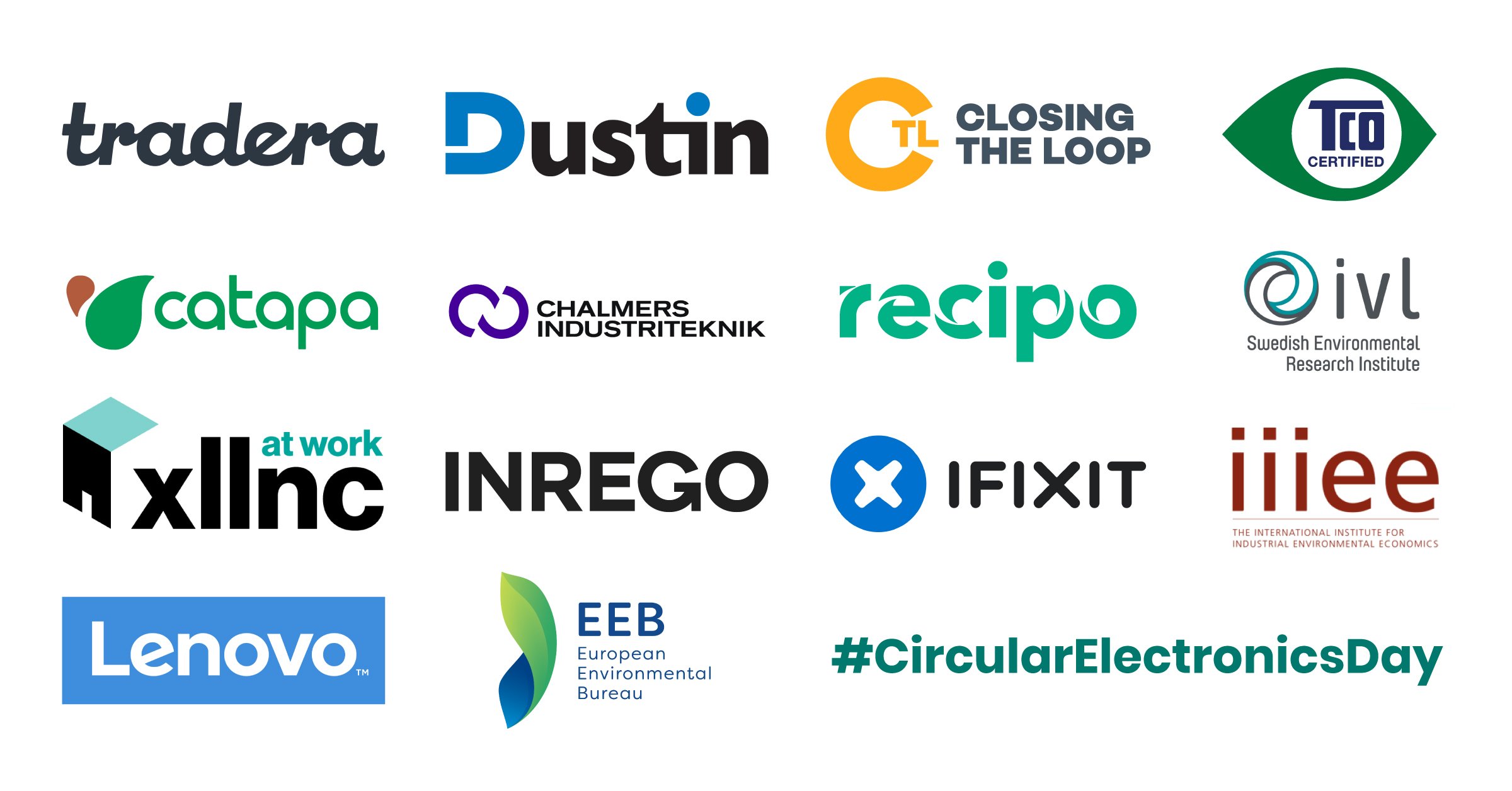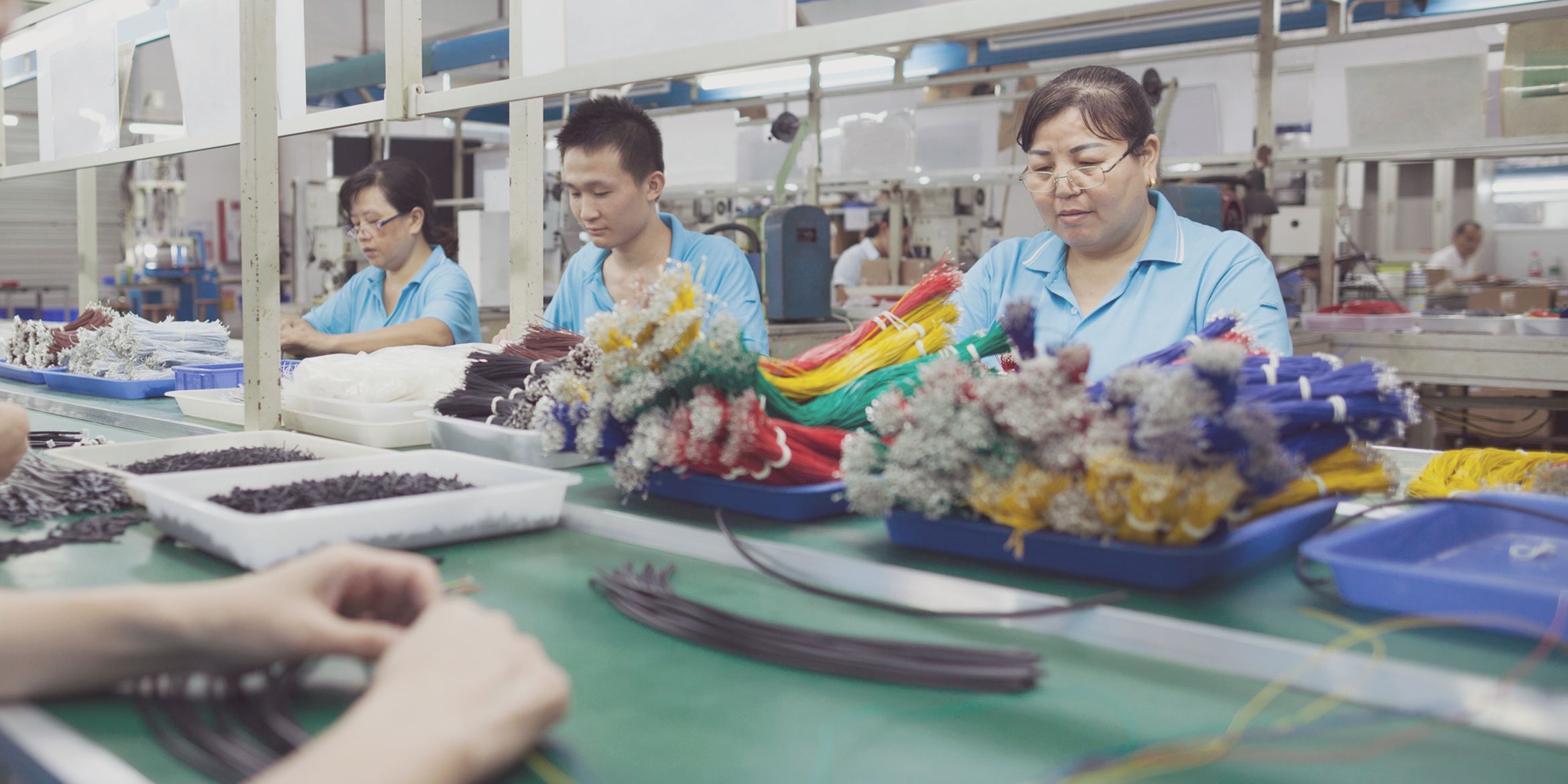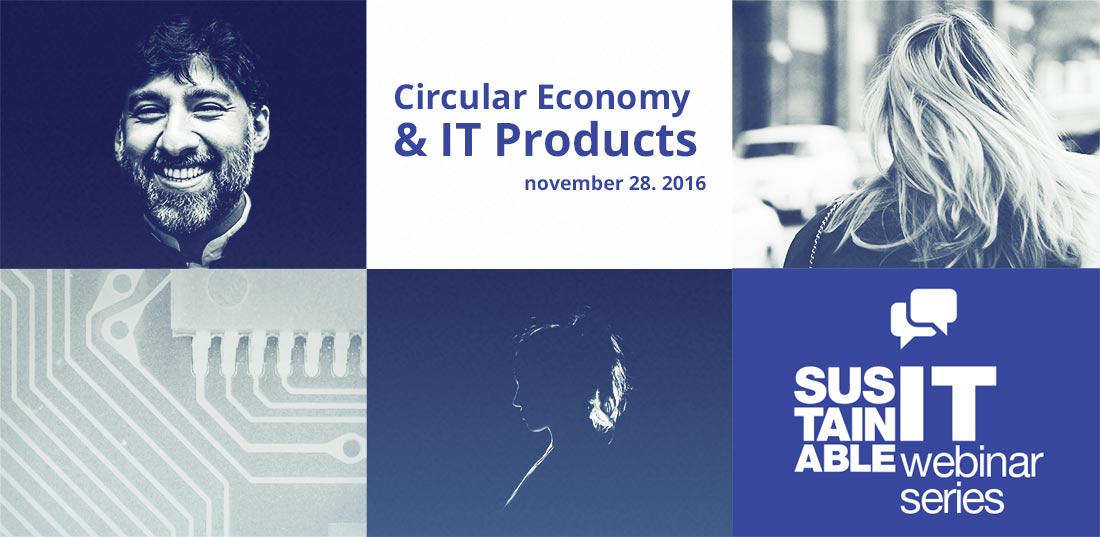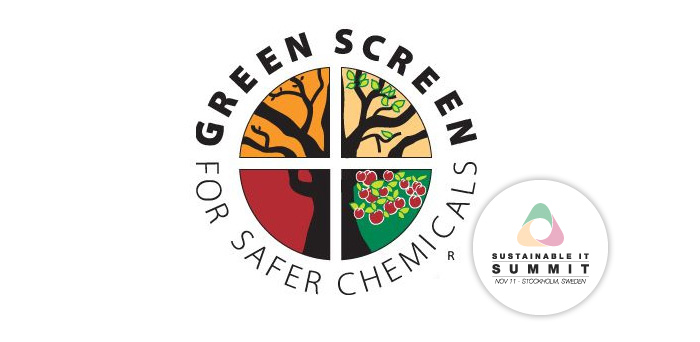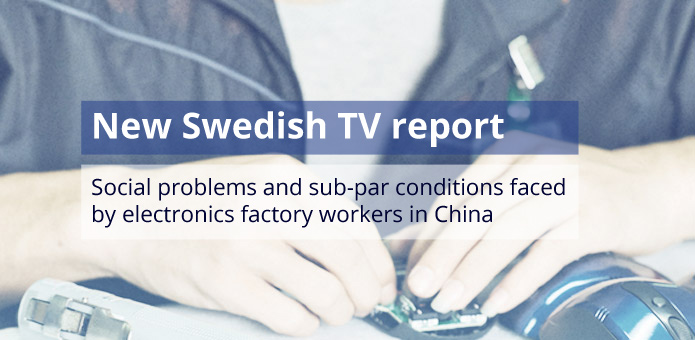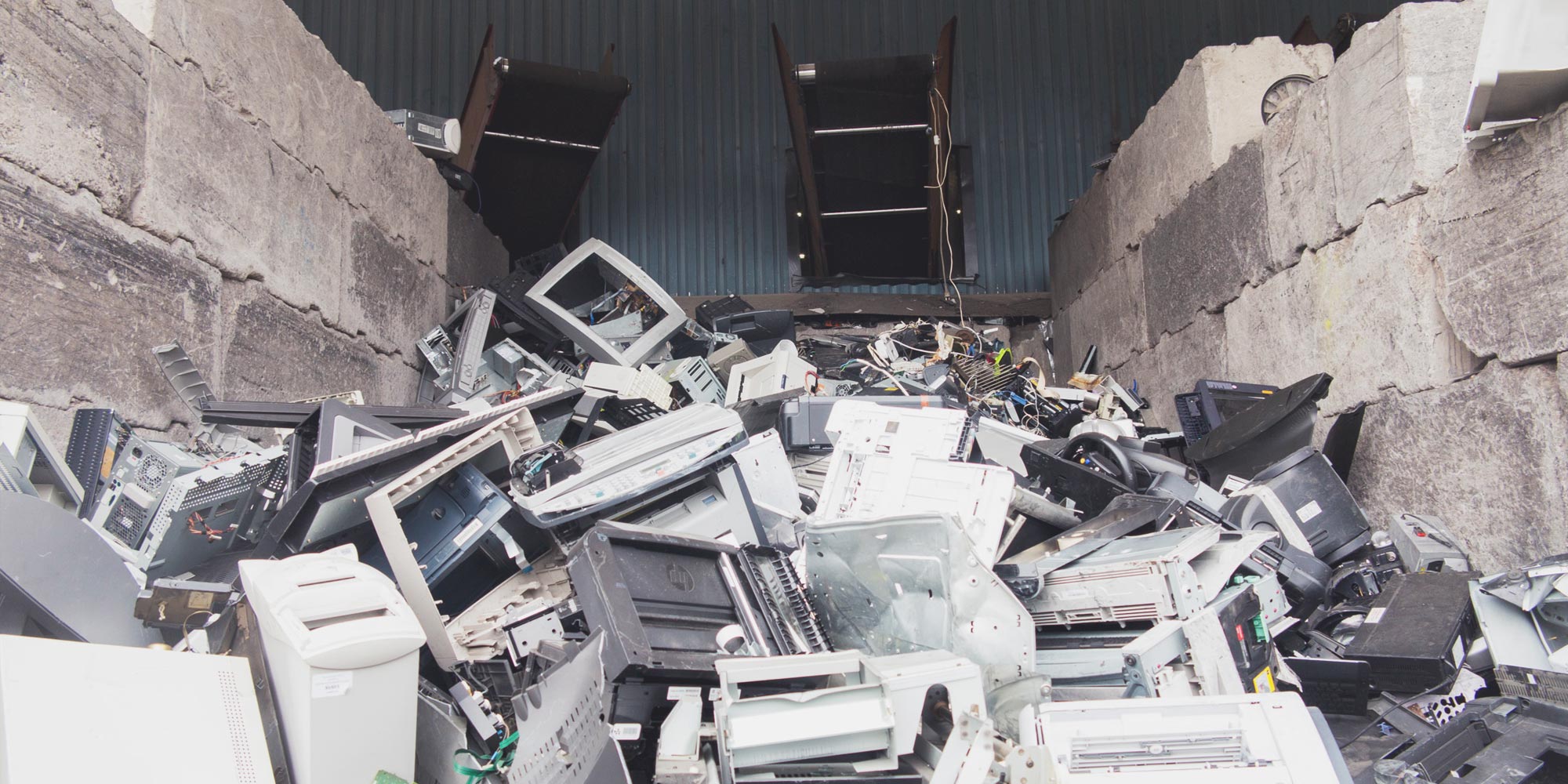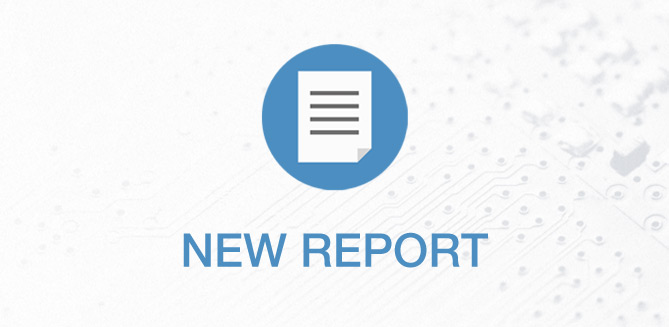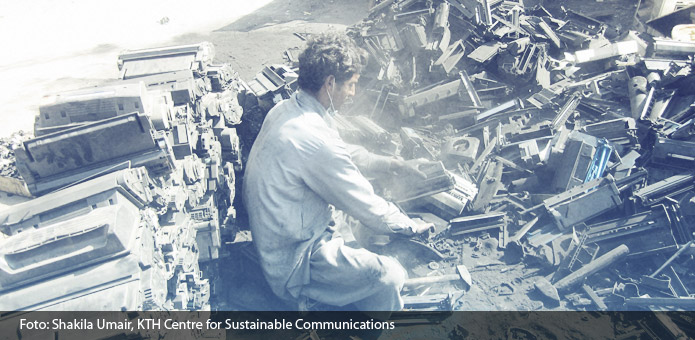Articles – issues
Sustainable issues related to IT products
IT products come with numerous social and environmental risks. Workers in the supply chain may face labor law violations, health and safety risks or other social responsibility issues. The current, linear way of using and producing IT products depletes natural resources, and leads to huge greenhouse gas emissions. At the same time, toxic e-waste is the world’s fastest growing waste stream.
Conflict minerals: local initiatives key to more responsible mining practices
Working conditions in conflict mineral mines are often severely unsafe. Local development programs work to improve lives in vulnerable mining communities.
Organizations call for sustainable action on Circular Electronics Day
January 24 is Circular Electronics Day, an initiative aiming to encourage organizations and consumers to take a more responsible approach to electronics.
Unsafe working environments in the IT industry risk people’s health
Sustainability problems risk workers’ health in the IT industry. Engagement, long term investments and follow-up is needed to improve the situation.
Report presents keys to solving sustainability issues in the IT industry
The report Impacts and Insights 2019 measures sustainability progress among brand owners with IT products certified according to TCO Certified.
Helping you make a difference in the IT product supply chain
By using TCO Certified, generation 8, you send a clear message to industry to protect human rights, work against corruption and protect workers’ rights.
Webinar on-demand: Conflicts and violence when smartphones are manufactured
Two and a half billion people use smartphones daily. Did you know that smartphones are connected to conflicts and violence because of minerals such as tin, tantalum, tungsten and gold? These minerals are often called conflict minerals since they are mined in conflict-affected areas where human rights abuses are common.
Circular Economy & IT Products
In the fifth installment of our 2016 Sustainable IT webinar series, we make a deep dive into circular economy and IT-products with Annachiara Torciano and Louise Koch. We take a closer look at the current state of circular economy policy approaches, and what it means for the development of more sustainable IT products.
Proposed chemical tax on electronics misses environmental target
The chemical tax on electronics is aimed at substances with known negative effects, while giving a pass to untested substitutes with possibly greater risk
The business case for sustainable electronics
It doesn’t take a genius to see that electronics are more widely used than ever before.. Is it possible to turn the tide on e-waste?
Toxics in IT-products
In the first of our 2016 Sustainable IT webinar series, we found out more about toxics in IT-products.
Presentation: Introduction to GreenScreen for Safer Chemicals
We will be publishing on-demand versions of the presentations from Sustainable IT Summit 2015 in 3 parts. In part 2, Dr. Mark Rossi from US-based Clean Production Action provides an overview of GreenScreen for Safer Chemicals
Poor factory conditions in electronics manufacturing continue
In a new investigative report, Sweden’s TV4 this week further exposed the continuing social problems and sub-par conditions faced by electronics factory workers in China.
Global E-waste reaches record high, says new UN Report
In a new report released by the United Nations University, global electronic waste has reached record high levels. 41.8 million tons of e-waste was generated in 2014, fuelling concerns about the growing risks to public health, resource conservation and the environment.
The State of Socially Responsible Manufacturing in the IT Industry
Increasingly, IT-using organizations are looking for computer products that are environmentally preferable and made under socially responsible conditions. Yet, shorter product cycles and growing demand for new technologies puts increasing pressure on industry and its complex supply chain to deliver new devices faster and at a lower cost. The result is often inadequate working conditions in electronics manufacturing, including long working hours, low wages and a lack of health and safety measures. The problem is widespread and well publicized through media and NGO monitoring.
E-Waste: hazardous to the environment and human health
A new study on the effects of E-waste on human health reveals serious negative outcomes for those dismantling and handling components of discarded electronics. The study, published by the Royal Institute of Technology in Stockholm, Sweden, details that workers, some as young as six years of age, are routinely exposed to hazardous materials and inhalation of toxic gases through direct handling of discarded electronics. People affected by this health crisis are mostly in areas where there is little knowledge about the health risks and in many cases no basic health care or social protections.
